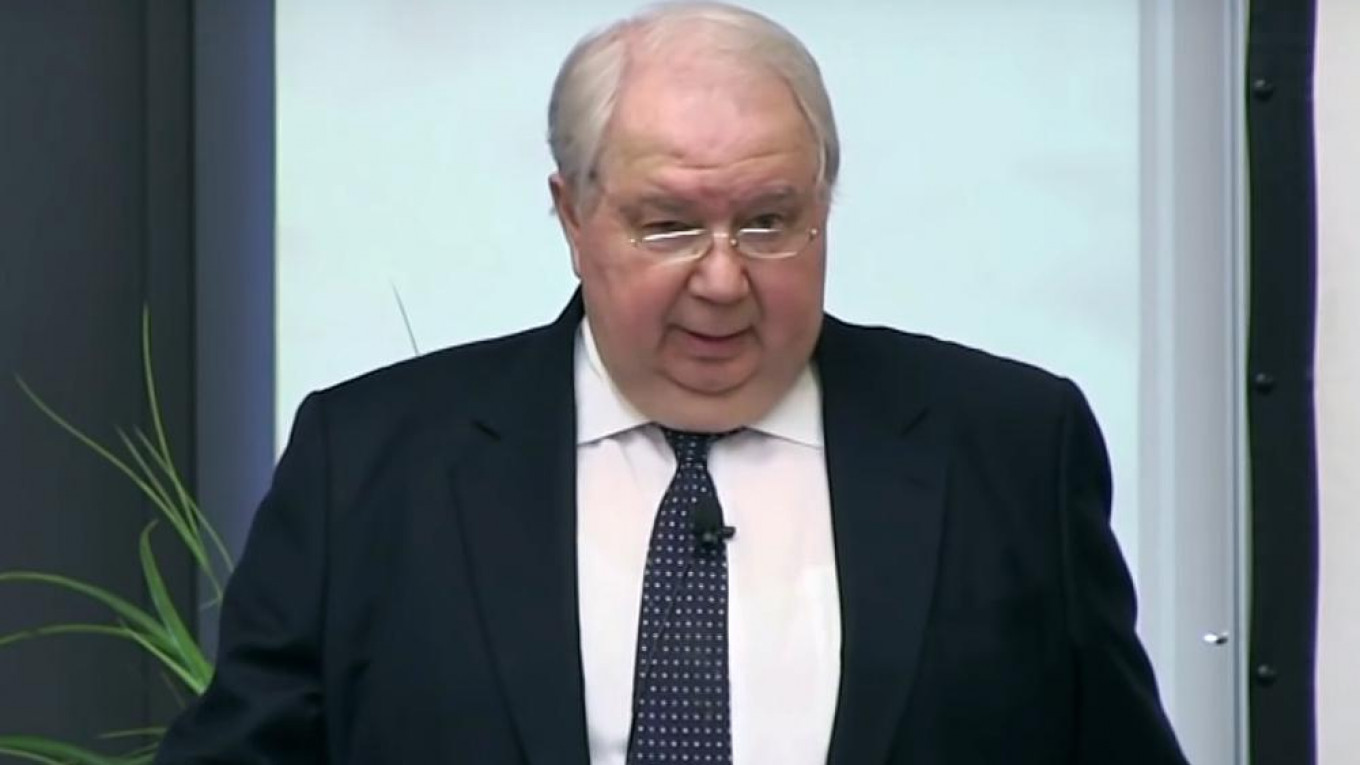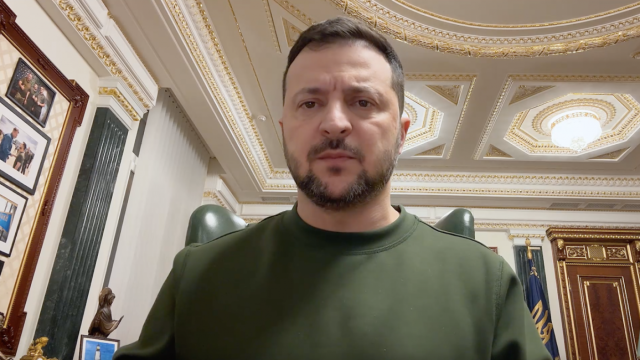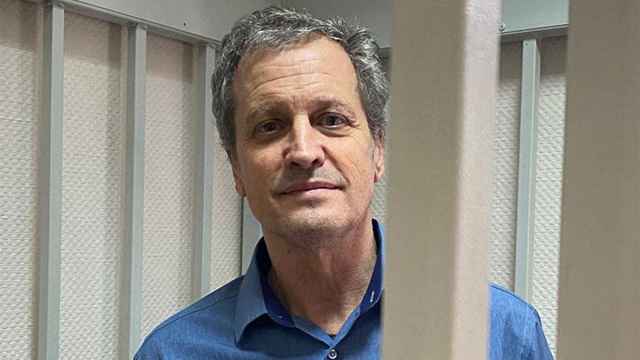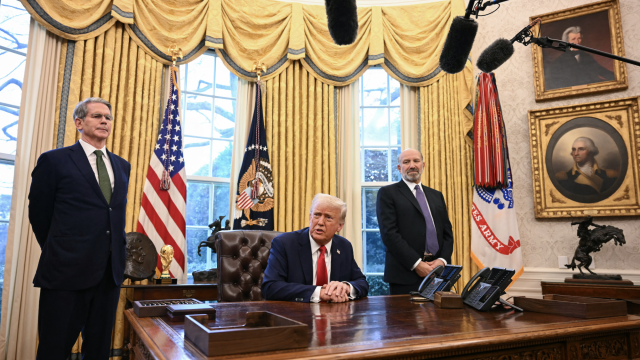Russia’s former ambassador to the United States is relieved to be back in “the world of normal people” after his nine-year diplomatic stint in Washington, he said in an interview with the pro-Kremlin Izvestia newspaper published Thursday.
“What a pleasure, how nice it is to return from the climate in which I worked to a world of normal people with normal problems, successes, relationships,” Sergei Kislyak said.
Kislyak, who found himself embroiled in controversy over reported meetings with U.S. President Donald Trump’s aides during the 2016 election campaign, returned to Moscow late last month.
The former envoy told Izvestia he was often “left speechless” at widely publicized claims of Russian interference in the U.S. presidential election last year. “They were originally built on a lie and those who leaked them knew it full well.”
Despite what he described as U.S. media “brainwashing,” Kislyak said he discovered that Americans outside Washington D.C. view Russia “in mostly a normal light.” “So, sometimes a trip to ‘middle America’ even became a breath of fresh air psychologically.”
In response to suggestions that frayed bilateral relations could be improved through the Russian diaspora, the diplomat said that Russians in America are “not very interested in participating in political life” in the U.S.
He added that geopolitical tensions between Russia and the U.S. stem from America’s inability to adjust to “a changing world where they no longer have the opportunity for absolute domination.”
“The U.S. political class is resistant [to these changes],” Kislyak said. “In other words, they do not agree with objective changes in the world.”
Kislyak, after being replaced by former deputy defense and foreign minister Anatoly Antonov, has been floated to represent Russia’s republic of Mordovia in the upper house of parliament.
A Message from The Moscow Times:
Dear readers,
We are facing unprecedented challenges. Russia's Prosecutor General's Office has designated The Moscow Times as an "undesirable" organization, criminalizing our work and putting our staff at risk of prosecution. This follows our earlier unjust labeling as a "foreign agent."
These actions are direct attempts to silence independent journalism in Russia. The authorities claim our work "discredits the decisions of the Russian leadership." We see things differently: we strive to provide accurate, unbiased reporting on Russia.
We, the journalists of The Moscow Times, refuse to be silenced. But to continue our work, we need your help.
Your support, no matter how small, makes a world of difference. If you can, please support us monthly starting from just $2. It's quick to set up, and every contribution makes a significant impact.
By supporting The Moscow Times, you're defending open, independent journalism in the face of repression. Thank you for standing with us.
Remind me later.






